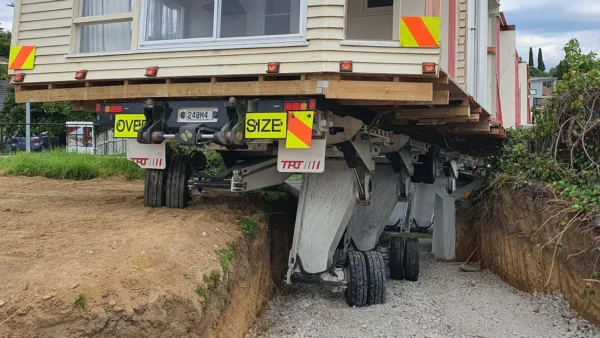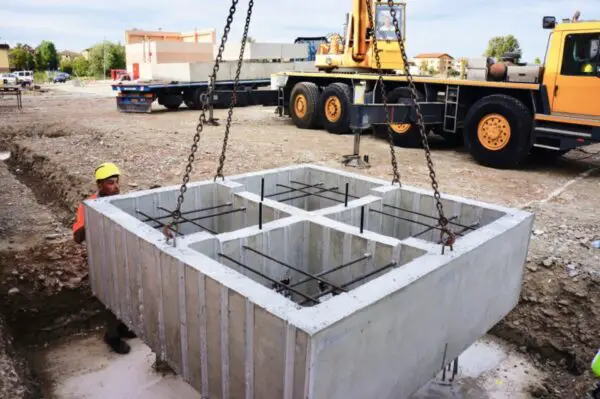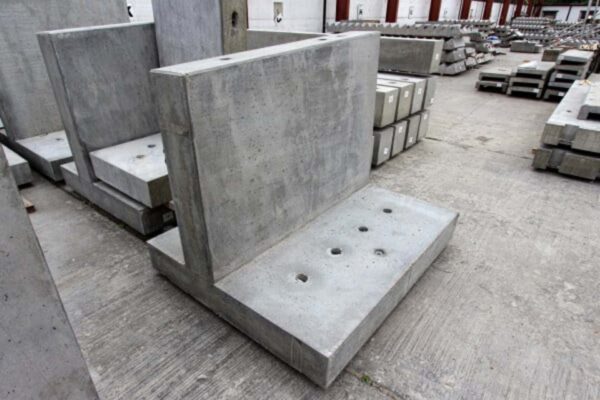Metal fixtures used to join, hang or support horizontal beams in construction projects.
They are sturdy brackets made of galvanized steel or stainless steel that wrap around or clamp to beams to provide reinforced stability and weight-bearing capacity.
Beam straps offer an alternative to traditional fasteners like bolts or welds for securing beams.
They allow for quicker, easier installations while still providing reliable strength to structural joints.
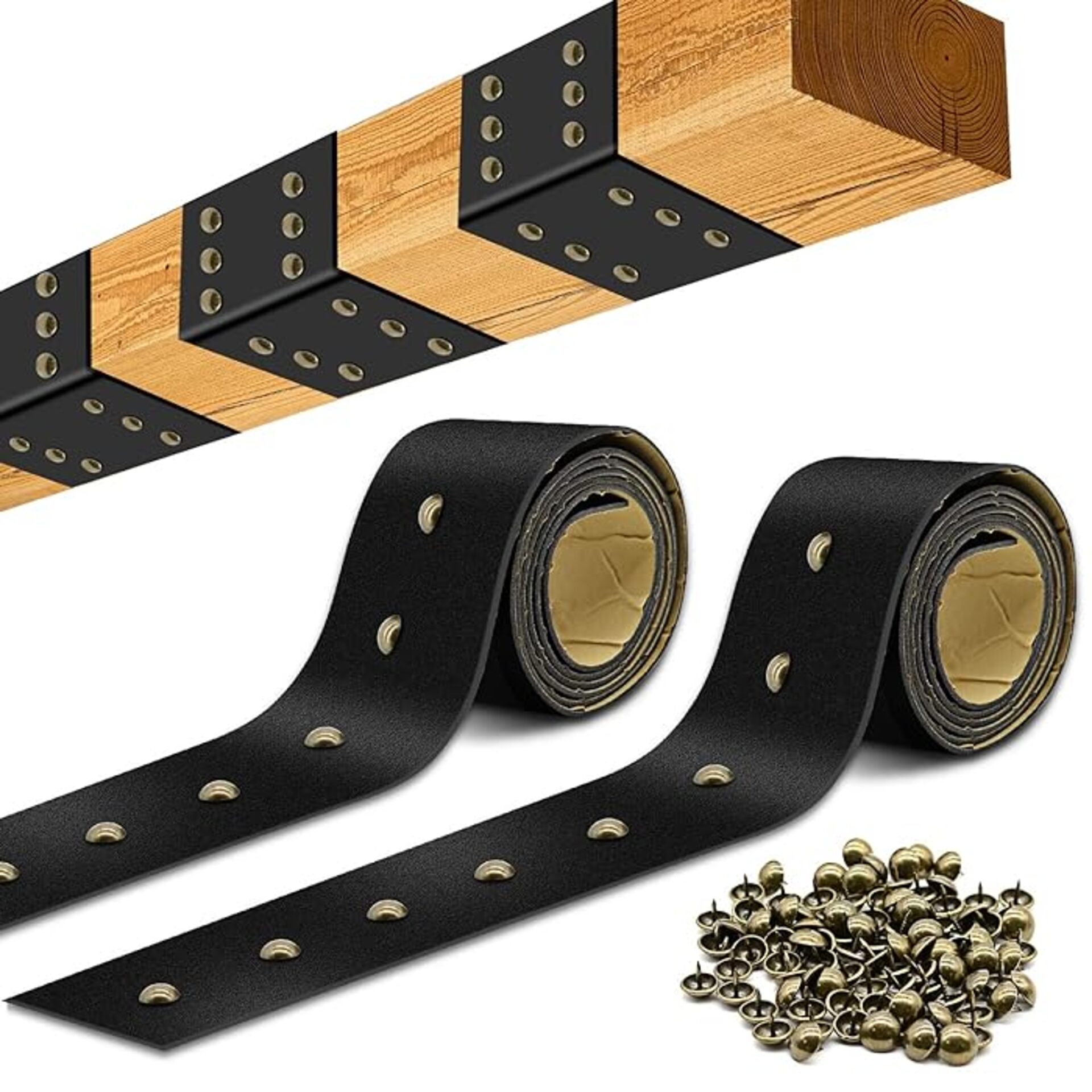
Purpose of Beam Straps
There are several key purposes that make useful in civil engineering and construction applications:
Ease of Installation – They slide or clamp into place without requiring drilling or welding. This saves significant time and labor costs. Their adjustable design fits a wide range of beam sizes.
Load Bearing Ability – Engineered with thick steel and indented gripping surfaces, are tested to hold heavy structural loads of beams, joists and columns without bending or slipping.
Versatile Applications – From residential framing to commercial buildings, have many uses for framing walls, anchoring floors, supporting roofs, bracing connections and more.
Seismic Resistance – Special seismic and hurricane meet codes for lateral force resistance in earthquake-prone areas and wind zones.
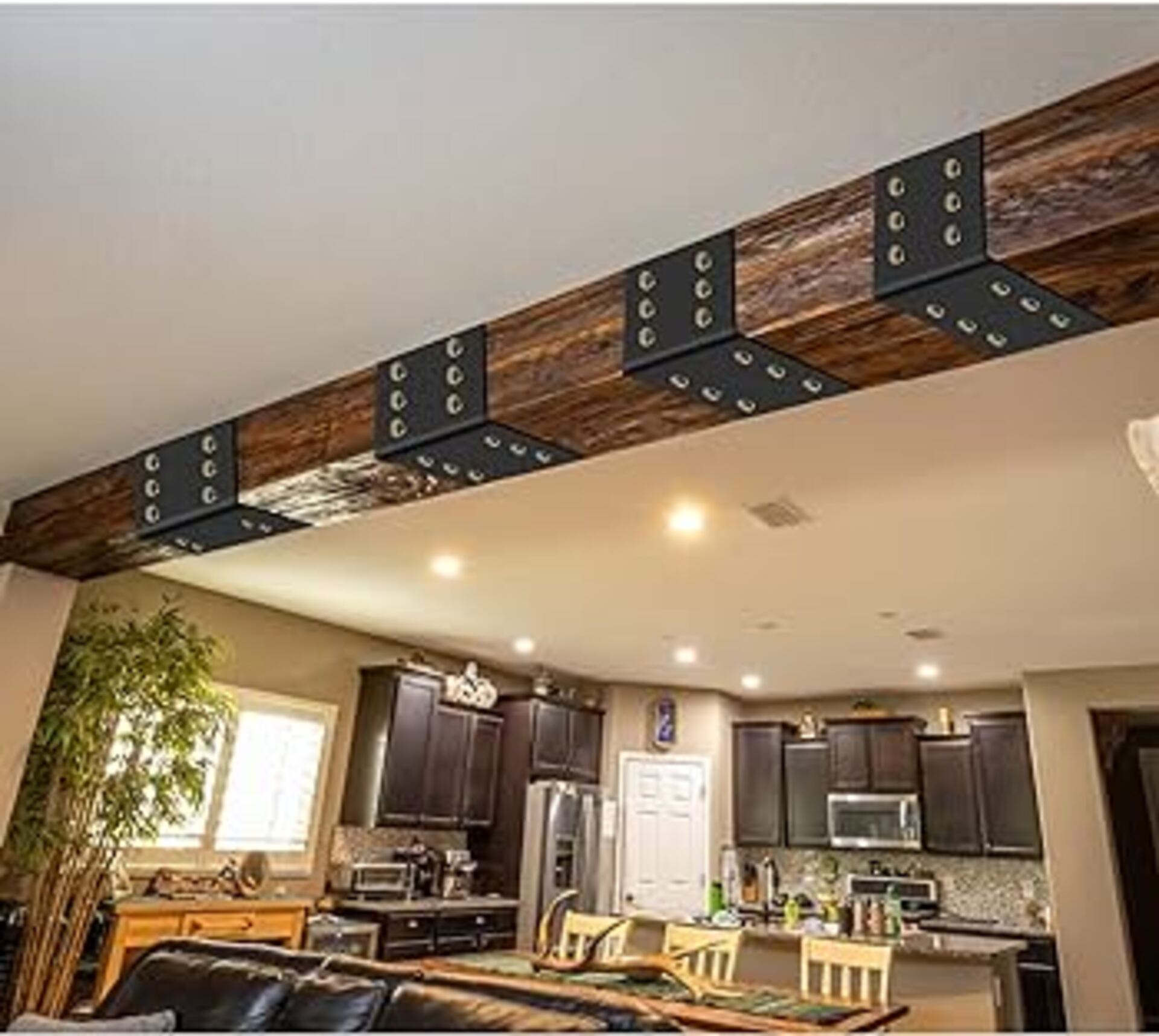
Types of Beam Straps
There are several main types that serve various needs on the jobsite:
Steel Beam Straps
They are with electroplated galvanized coatings provide high strength-to-weight ratios. Zinc plating resists corrosion in wet environments. Common styles include:
- U-straps that bolt together underneath beams
- Shear plate connectors that sandwich two beam ends
- Hurricane ties providing uplift resistance
Heavy Duty Beam Straps
They handle extremely large load capacities, such as:
- Double shear straps for doubled strength
- Extra thick, stiff structural connectors
- Higher fastener counts to distribute force
These rugged designs prevent crushing failures in high stress connections.
Adjustable Beam Straps
They feature movable parts to snugly fit more beam widths and account for misaligned installations. Turnbuckles, toggles and eccentrically-bored holes allow a controlled range of fine tuning.
Beam Straps By Material
Beam straps for wood frame buildings have smaller teeth that grip into lumber without splitting. Special hangers secure to wood I-joists.
For metal utilize larger, stronger teeth on thicker gauge steel to penetrate steel beams. They withstand high tension forces.
Beam straps in construction
Some of them are metal fasteners that securely join horizontal beams together or attach them to other structural members. They offer a quicker and easier way to connect beams compared to traditional methods like drilling and bolting.
In building framing, beam straps are commonly used when:
- Constructing floor systems – They attach wood I-joists or engineered beams to steel girders that support the floor framing. This provides shear strength between floors.
- Framing wall openings – Special header and sill straps anchor door or window headers and sills to the vertical wall studs on either side of the rough opening.
- Bracing roof rafters – Hurricane ties and rafter-to-beam connectors give lateral stability and uplift resistance against wind forces on the roof.
- Reinforcing joints – Wraparound column caps and knee braces with straps strengthen critical connections between beams, posts, and columns.
- Meeting seismic codes – In earthquake zones, metal shear panels with beam strap slots are anchored to wall framing. The integrated system resists seismic loads.
- Supporting weight – Beam straps secured with robust fasteners and multiple bolt holes distribute heavy structural loads properly into the connections without failing.
Conclusion
With advantages in fastening ease, proven structural integrity, diverse building applications and adjustable flexibility, serve as safe, reliable metal connectors for joining beams.
Beam straps are versatile metal brackets that make installing beam-to-beam and post-to-beam structural connections more efficient and structurally sound in a wide array of construction projects.
Civil engineers rely on the versatile qualities of high-quality beam straps across many construction projects.

